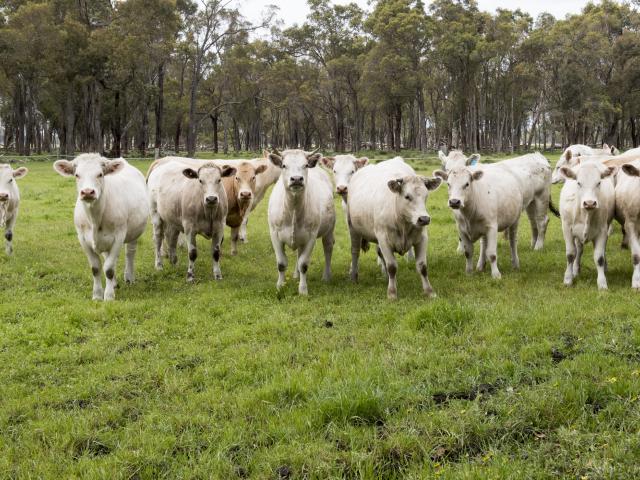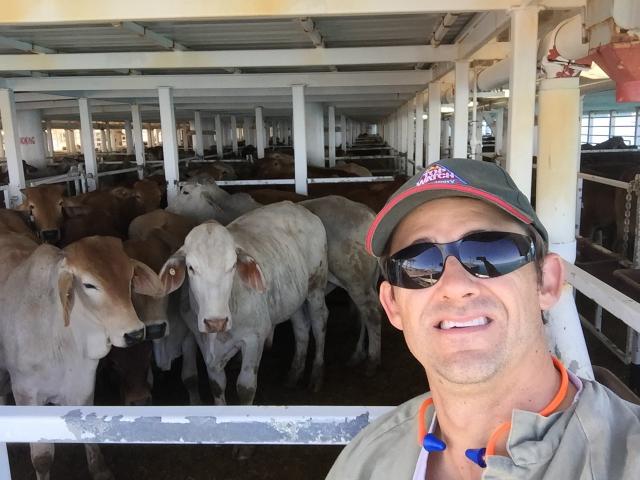The Animal welfare regulation newsletter provides information on the Department of Primary Industries and Regional Development’s role in ensuring that all livestock receive appropriate standards of care, and on the latest developments in animal welfare policies and standards.
Review of Animal Welfare Act kicks off
In May, Agriculture and Food Minister Alannah MacTiernan announced the independent panel that would oversee a public review of the operation and effectiveness of the Animal Welfare Act 2002 (the Act).
The independent panel will be chaired by Western Australian barrister and regulatory law specialist Linda Black, who has a professional background in animal welfare. Other members of the panel have a range of senior veterinary, animal welfare and industry experience.
The aim of the review is to assess the operation and effectiveness of the Act, including whether it reflects contemporary best practice and what legislative amendments might be required. The panel will provide a report back to Government in 12 months, with detail on its findings and any recommendations for legislative amendments.
To support the work of the panel, Murdoch University’s School of Veterinary and Life Sciences is carrying out an independent comparison of animal welfare laws and policies in selected Australian and overseas jurisdictions. Staff from the Department of Primary Industries and Regional Development will also assist the panel by providing legal, scientific, compliance and policy expertise.
The panel’s review of the effectiveness of the Act is separate to the work being carried out by the department to implement the Australian Animal Welfare Standards and Guidelines for livestock (Standards and Guidelines). Although the two processes are linked and relevant to the same stakeholders, they have clear and independent objectives that seek to make improvements to animal welfare regulation in different areas.
Livestock regulations are currently being drafted that will allow the Standards and Guidelines for Land Transport and for Saleyards and Depots to be enforced. A consultation draft of the livestock regulations will be made available to industry and the public to provide feedback. A list of frequently asked questions is available online.
The consultation on the livestock regulations is expected to begin soon. If you would like to be notified when the consultation begins, send an email to animal.welfare@dpird.wa.gov.au and ask to be added to the animal welfare regulation consultation list.
The panel reviewing the Act will also undertake a consultation with key stakeholders and the public, but the process is still to be finalised. Details will be made available on the department’s website as they are confirmed.
New welfare inspector begins in the north
A new Livestock Compliance Unit (LCU) inspector has started in the north, with the appointment of James Matthews in Broome. James has had a long association with northern Australia and has developed a thorough understanding of the challenges that face producers in the area.
He has spent the past 17 years working at the federal Department of Agriculture, with postings in Weipa, Jabiru, Christmas Island and, for the last four years, Broome. James’ work over this time focused on livestock biosecurity, and he travelled throughout northern Australia conducting surveillance for exotic diseases such as foot-and-mouth and African swine fever.
Having started with the LCU earlier in the year, James has already established networks in the Kimberley and Pilbara and is looking forward to continuing this engagement to improve animal welfare outcomes.
“While I’m part of a compliance team, my role first and foremost is educating people in charge of livestock on what they need to do to ensure their animals are receiving the best possible care,” he said.
“However, it’s also important to have accountability, and compliance action might be necessary where these responsibilities aren’t met.
“The environment in the north can be quite challenging at times so it’s important that producers are well prepared, have good livestock management plans in place, and make the right decisions around welfare in a timely manner.
“My experience has shown that the majority of people do the right thing, but I’ll be doing what I can to make sure improvements in animal welfare are made right across the northern beef industry.”
The department’s LCU operates throughout Western Australia and has inspectors in regional towns such as Albany, Narrogin and Kalgoorlie, as well as in the Perth metropolitan area. You can find out more about the department’s role in animal welfare online.
Transporting pregnant ewes
The department’s Livestock Compliance Unit is reminding producers and transporters that ewes in late stage pregnancy should not be transported because of the serious risks to the health of both the ewe and lamb.
Prolonged time off food and water, plus the additional stress that can come with being transported, can increase the chance of metabolic disorders in pregnant ewes, such as pregnancy toxaemia.
The Code of Practice for the Transportation of Sheep in Western Australia states that ewes that are more than four months pregnant should not be transported unless it is absolutely unavoidable, and they must be offered food and water on arrival. Feed and water facilities are not always readily available for livestock at saleyards, putting pregnant animals at further risk.
If there is any doubt as to the pregnancy status of ewes before they are transported, they should be carefully checked in the yards. Ewes that are heavily pregnant will likely show some signs, such as a larger belly or fuller udder, and should be drafted out.
As with all potential welfare issues, if you are unsure about an animal’s ability to withstand the intended journey, the animal should not be loaded for transport.



